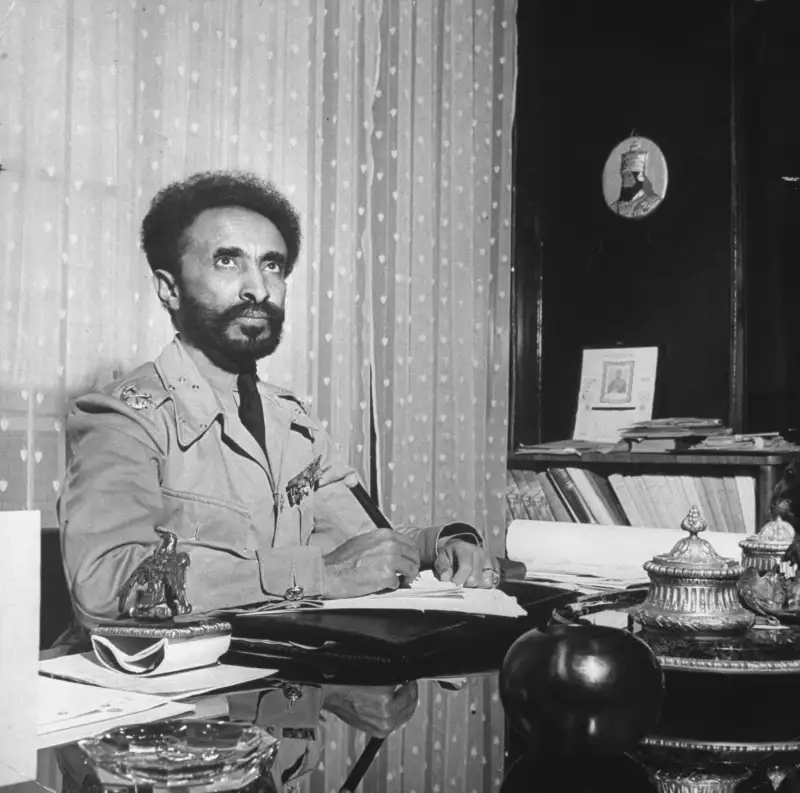Emerging Markets that Merit a Closer Look
Money is not a client of any investment adviser featured on this page. The information provided on this page is for educational purposes only and is not intended as investment advice. Money does not offer advisory services.

The best time to buy something is when it's on sale.
The place to look for stock bargains may finally be among developing economies, where share prices collectively are down 17% from their recent spring 2011 peak and stocks are trading at an average price/earnings ratio of 10.7 -- a 40% discount to shares of developed nations.
Notes Jeff Shen, head of emerging markets at BlackRock: "That's about the widest spread in more than 15 years."
True, with risks rising abroad, there are reasons developing-nation stocks are so cheap. China's growth is slowing, Brazil faces deficits, Russia just annexed Crimea -- the list goes on. And as the Federal Reserve tapers bond purchases, global credit is shrinking, which hurts smaller countries dependent on foreign investment.
For those with a discerning eye, however, the recent selloff could spell opportunity.
"Emerging-market nations are no longer monolithic, and some are in pretty good shape," says T. Rowe Price emerging-markets specialist Todd Henry.
He expects these healthier economies to spur the benchmark MSCI Emerging Markets Index to deliver 11.5% earnings growth in 2014 -- more than two percentage points higher than the forecast for the S&P 500 index.
The following strategy will help you identify the most promising areas, while limiting your risks.
Look under the hood
Three trends seem likely to move emerging markets this year:
Asia will deliver solid growth. As China shifts from an economy propelled by exports to one driven by domestic consumption, its expansion is slowing. Yet concerns about stagnation seem overblown, given forecasts for a 7.5% rise in GDP in 2014.
"That's more than twice as fast as developed nations," says Justin Leverenz, manager of Oppenheimer Developing Markets, which has a 19% stake in China. Even if China stumbles, Taiwan and South Korea look strong.
"These countries have big current-account surpluses, as well as global trade that isn't dependent on China," says Arjun Jayaraman, co-manager of Causeway Emerging Markets.
Scary markets will stay scary. Case in point: Russia, where stocks have fallen 17% this year. Even before the Crimean crisis, Russia's economy was in a slump, partly from political uncertainty.
"Disruption goes with the emerging-market territory," says Craig Shaw, co-lead manager of Harding Loevner Emerging Markets. Shaw is sticking with a 6% stake in Russia.
Emerging markets do often rebound sharply before their economies recover. Over the past year, for example, stock prices in Greece, which was demoted to emerging-market status last fall, have jumped 52%, even though its debt problems aren't resolved. Whether those gains are sustainable if there's no progress soon is another question.
Think smaller for bigger gains. The least-developed emerging economies -- so-called frontier markets, such as Ghana, Estonia, and Vietnam -- tend to perform differently from more established markets.
Over the past year, for instance, the MSCI Frontier Index has risen 22.6%. The challenge: It can be tough to get in on the action since these shares tend to be thinly traded and most emerging-markets funds hold only a small stake.
Fine tune with two funds
Given the risks, "most people should put no more than 5% of their overall portfolio into emerging markets," says Chicago financial planner Mary Deshong-Kinkelaar.
Start with a diversified fund that gives you exposure to all these countries, but maintains a bigger stake in more stable areas. For instance, Vanguard Emerging Markets Stock Index , recommended on our Money 50 list, has 23% of its assets in China, 15% in Taiwan, and 5.2% in Russia. T. Rowe Price Emerging Markets , also on the Money 50, holds similar country stakes.
Then add a second fund, tilting toward added safety or a riskier bet, as you prefer. Cautious investors might gravitate to Matthews Asian Growth & Income , which holds dividend-paying stocks from developed and emerging Asian countries.
Looking for more pop? Add a frontier-market fund, such as Guggenheim Frontier ETF . Just be sure to fasten your seat belt for the inevitably bumpy ride.